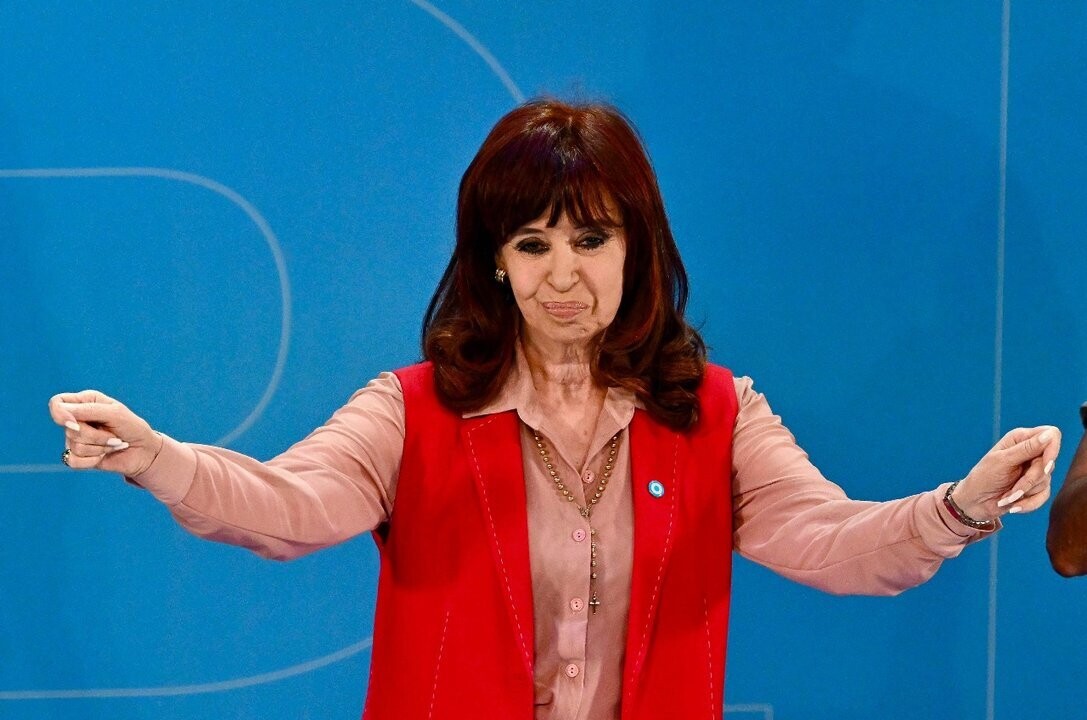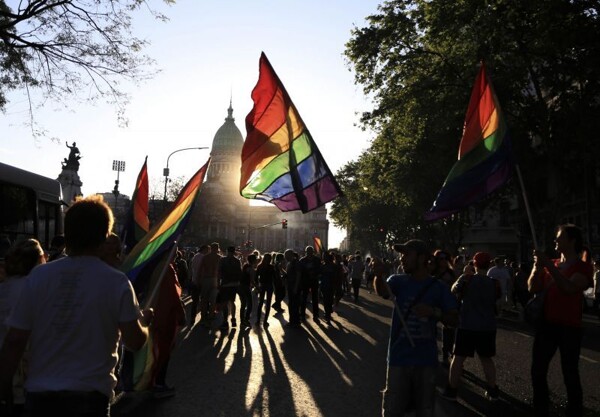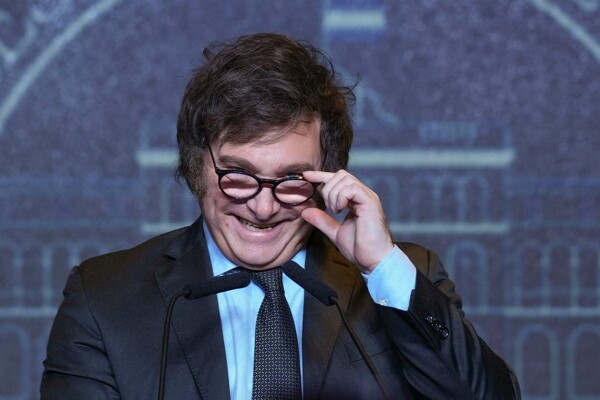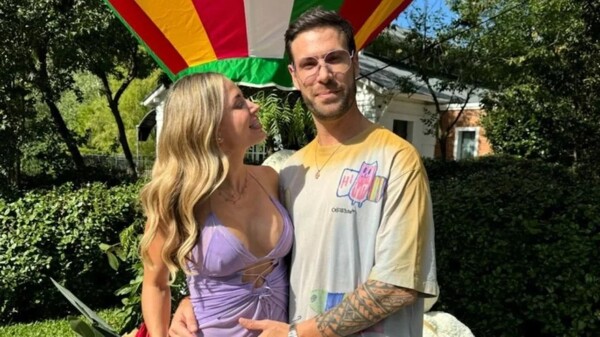
Recently, controversy arose regarding the authorship of tweets by Cristina Kirchner, former president of Argentina, when Luis Caputo criticized the style of the messages, suggesting they were written by a 'ghostwriter.' The situation took a political turn when national senator Eduardo 'Wado' de Pedro came to Kirchner's defense, asserting that she writes her own speeches and tweets. Other leaders also spoke out on the matter.
Amid the accusations about the authenticity of the messages, Cristina Kirchner published an extensive tweet criticizing President Javier Milei for his statements about homosexuality and feminism. She also pointed out contradictions between the concept of 'libertarianism' by professor Alberto Benegas Lynch (son) and Milei's positions.
In light of the controversy, Kirchnerist leaders denied the allegations that Kirchner used a 'ghostwriter' for her social media messages. Meanwhile, political figures like Lucía Cámpora and Martín Sabbatella defended the former president, highlighting her ability to express her own ideas and opinions. The discussion about the authorship of Kirchner's tweets revealed the political tensions in Argentina.
In this context, the criticisms and defenses surrounding the writing of social media messages highlight the importance of political communication and the perception of authenticity on digital platforms. The figure of Cristina Kirchner, recognized for her political career, is embroiled in a debate about her presence on social media and how she projects herself through them.














